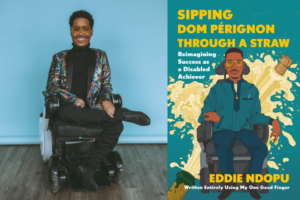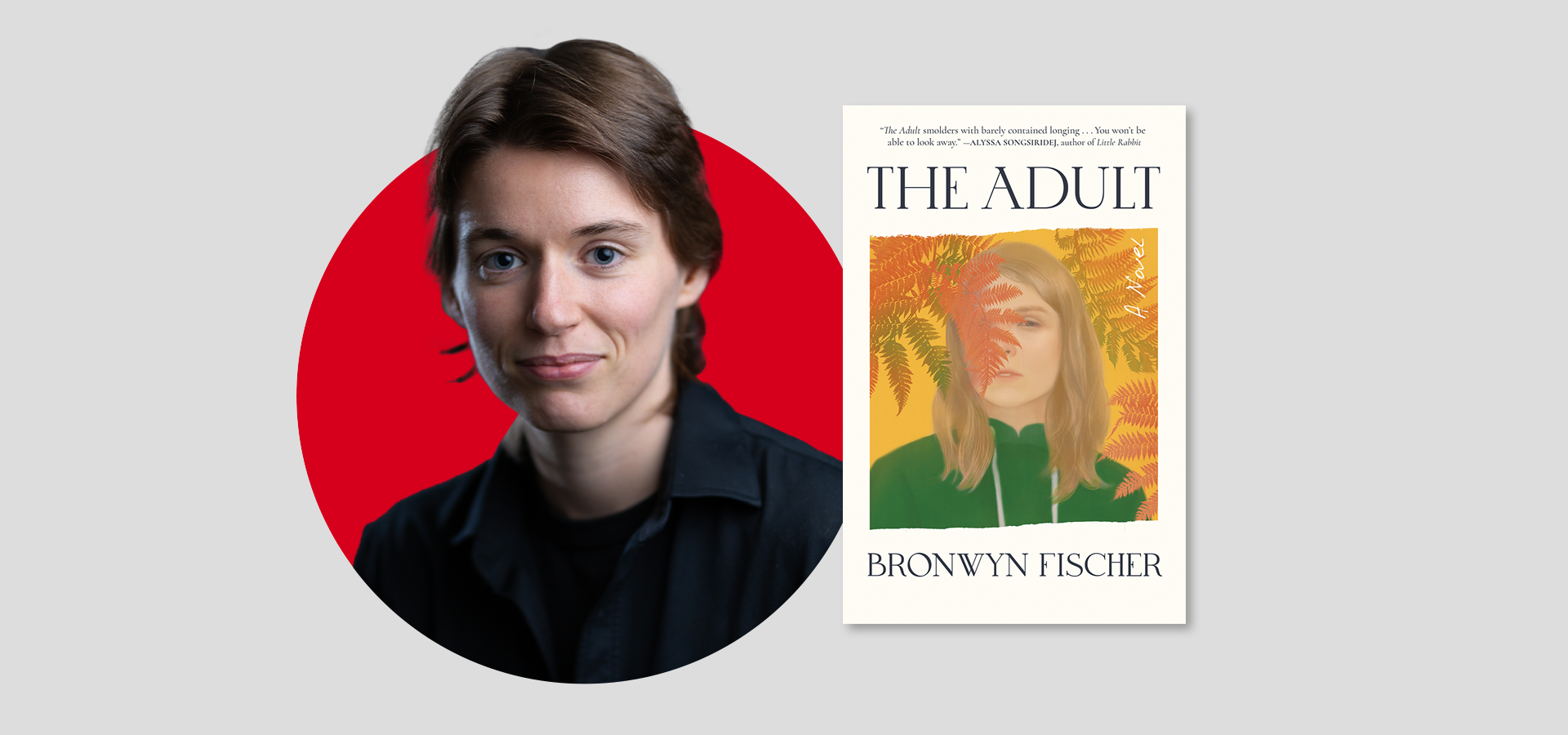
Bronwyn Fischer | The PEN Ten Interview
August 17, 2023
Bronwyn Fischer’s incisive debut novel, The Adult (Algonquin Books, 2023), follows college freshman Natalie as adulthood molds her identity into shapes unexpected and fluid. As her literature courses disrupt her perception of both herself and the limits of language, Natalie simultaneously comes into her queerness and personhood while having an affair with an older woman. In The Adult, Fischer depicts a bracingly honest experience of transitioning to college, where the truth of identity is, more often than not, stumbled upon via white lies, the unplanned, and navigating uncertainty.
In conversation with Literary Awards Intern Kassidy De Nobrega for this week’s PEN Ten, Bronwyn Fischer discusses the process of crafting her debut novel, The Adult, and its refreshing take on the growing pains of the college freshman experience. (Barnes & Noble, Bookshop)
1. What surprised you about the creative process of writing The Adult?
It surprised me that words could feel instinctual. That writing, when it was going well, didn’t feel like something I was trying to figure out, but something I knew how to do. It also surprised me that Natalie’s voice appeared without my needing to really look for it. Like another mind I didn’t know I had. These were the good surprises of writing.
2. In The Adult, Natalie comes of age while living in a big city, far from the borders of her isolated, backwoods childhood. Why was it important to set Natalie’s story in the metropolitan city of Toronto?
Toronto is the place where I went to University and so my relationship with the city is full of coming-of-age memories. Having Natalie also come of age in Toronto meant that I could draw on some of my own feelings about the city. I didn’t have to imagine being a young adult in a place that I didn’t know, I could just think about how my friends and I felt during a different time of our lives.
I also think that going to university in a city like Toronto, where the campus is not enclosed, and the community of the school is not differentiated much from all of the communities and lives going on in the city, means that as a young adult you’re not cordoned off from the world in the same way as you might be at other schools in smaller cities. Natalie’s experiences and relationships felt more possible in this kind of environment.
“It surprised me that words could feel instinctual. That writing, when it was going well, didn’t feel like something I was trying to figure out, but something I knew how to do.”
3. The novel delves into the complex self-reckoning inherent to the transition from home to college. What inspired your depiction of Natalie’s freshman experience?
Self-reckoning and yearning, for me, feel like endless experiences. I was interested in going as deeply as I could into those feelings, which can feel so difficult and so acute during canonical transitions like going away to school. My focus was just on the insecurity of being. Everything that happened narratively came from focusing on that feeling as much as possible.
4. Poetry and written expression are key outlets and budding creative passions as Natalie comes into adulthood. What did you want to explore about the intersection of words and identity through The Adult?
For me, knowledge of what I might want to express, and who I might think that I am, feel unstable in a very similar, and maybe identical way. Every time you risk writing, or you risk articulating something about yourself, you risk being right and you risk being wrong. What are the consequences of expression that doesn’t do justice to all aspects of self? Can you ever fasten yourself tightly enough into an identity to make yourself feel properly named and understood? I think The Adult is about slowly gaining on yourself, slowly coming into a kind of self-knowledge, and realizing that these partial sightings and understandings will have to be enough. I think that’s like writing too.
“I think The Adult is about slowly gaining on yourself, slowly coming into a kind of self-knowledge, and realizing that these partial sightings and understandings will have to be enough. I think that’s like writing too.”
5. How does your identity shape your writing?
Whoever I am influences everything that I make. Where my self feels unified, where it feels discordant— in a book your feelings can be so many things. Your feelings can be animals and weather. Your whole personality can be a joke told by one of your characters. So I think that identity is a big shape in my writing, even if I don’t always know which one.
6. What is one book or piece of writing that you think deserves more recognition?
Bronwen Wallace’s short story collection People You’d Trust Your Life To.
7. What was the first book or piece of writing that had a profound impact on you?
Holes by Louis Sachar was the first proper novel I read and I didn’t think I’d ever read anything better.
8. What was an early experience where you learned you had power through your writing?
When I was six I wrote a poem about goblins and my mom acted as though it was incredible. So I learned early that by writing I had the power to really impress my mother. Which I love to do.
“In a book your feelings can be so many things. Your feelings can be animals and weather. Your whole personality can be a joke told by one of your characters. So I think that identity is a big shape in my writing, even if I don’t always know which one.“
9. What is the most daring thing you’ve put into words?
A text where I asked my wife to our high school dance.
10. What advice do you have for young writers?
I sometimes underestimate how hard I have to think to write well. But you have to think really, really hard.
Bronwyn Fischer is a graduate of the University of Guelph’s MFA program in creative writing. She also holds a BA from the University of Toronto. She was born in Bahrain and now lives in Toronto with her wife, Emma.
The PEN Ten Interview Series
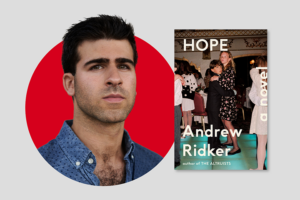
Andrew Ridker | The PEN Ten Interview
In a way, the structure of the novel reflects one of its primary themes: the desire to break away from one’s family, and the bonds that invariably pull one back.
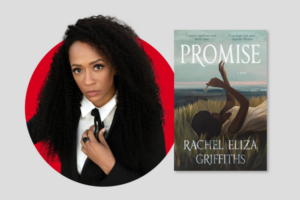
Rachel Eliza Griffiths | The PEN Ten Interview
This book was my attempt to assure young Black girls that there are beautiful, resonant ways to live, to investigate love, and to celebrate themselves.
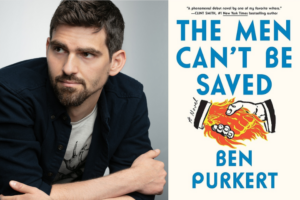
Ben Purkert | The PEN Ten Interview
